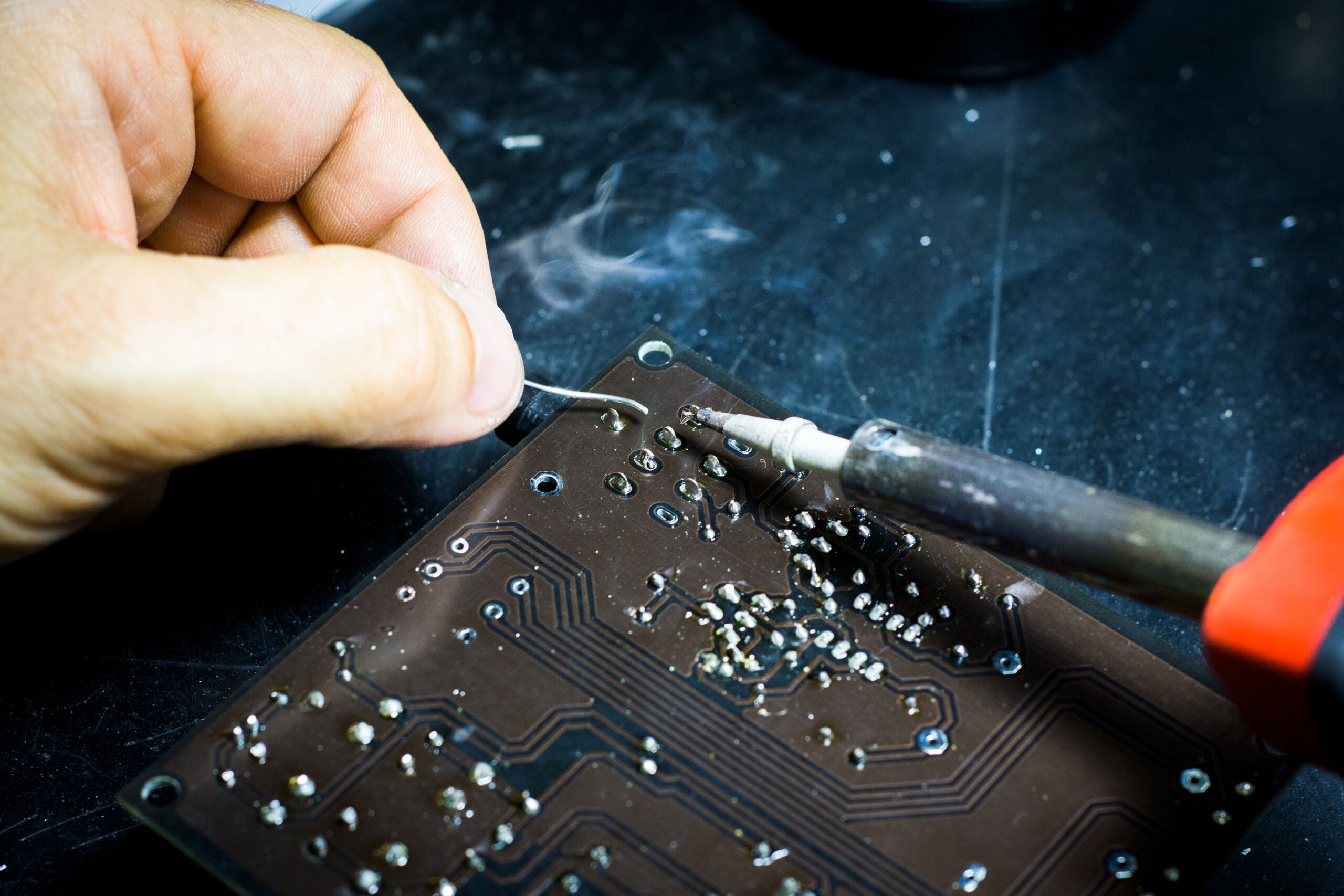Modified Mentalities:
If you were on YouTube in the early half of the last decade, you may remember Neil Harbisson’s incredible Ted Talk “I listen to color.” For those who do not recall, Harbisson discusses his cranial implant and its associated external antenna. The implant processes color and turns them into sound waves within his skull. Having lived his whole live colorblind, Harbisson went from seeing grey scale to processing color in a way only made possible by technology.
All of this is to say that there has been an active venture to technologically modify humans for some time. It should come as no surprise that employers have tried to utilize this fascinating trend to appeal to a hip and young pool of prospective employees, and potentially exert control over them in an unprecedented way in years to come.
Blurring Boundaries:
An article published on February 3rd, 2020 by marketwatch.com outlined the proposed legislature in the state of Indiana that would ban employers from requiring their employees to receive mandatory microchip implants. While it seems like actual cases of employers expecting their employees to receive these small, sub-dermal implants, it is an important discussion to be having in 2020. In the discussion surrounding the benefits of micro-chipping employees on a voluntary (for now) basis, there seems to be a reoccurring focus on productivity—simplify your employee’s life, improve their work ethic. It is impossible to overlook the statistics that show the contrary.
In a world where your employer is quite literally under your skin, how can employees take time for themselves or remove the potential stress of feeling on-the-clock 24/7? A recent op-ed featured in Bloomberg focused on the “always on” mentality many workers feel they cannot switch off, leading to burn out and lowered productivity. The answer to employee burnout and dissatisfaction, then, seems to be a focus on intentional away time from work rather than an increased presence in employee’s day-to-day life.
Expectations Vs. Reality:
The federal minimum wage has remained $7.25 since 2009, and yet employers continue expect more and more of their workers. In the current gig economy, many workers are left scraping together what they can from freelance or independent contracting work, desperately waiting for a full-time opportunity to take the burden of gig work off their shoulders. While many states have taken preventative action and outlawed mandatory microchip implants for employees, many people are still left questioning just how far an employer may be willing to go for their companies’ best interest. These sorts of changes will continue to challenge the current state of labor and employment law, and we must constantly be adapting to prepare ourselves for these upcoming challenges.
If you have any concerns about your employers’ treatment of their employees, give us a call today at 800-274-5297.
Mara Siegel is the Marketing Director at Barkan Meizlish DeRose Wentz McInerney Peifer, LLP.



